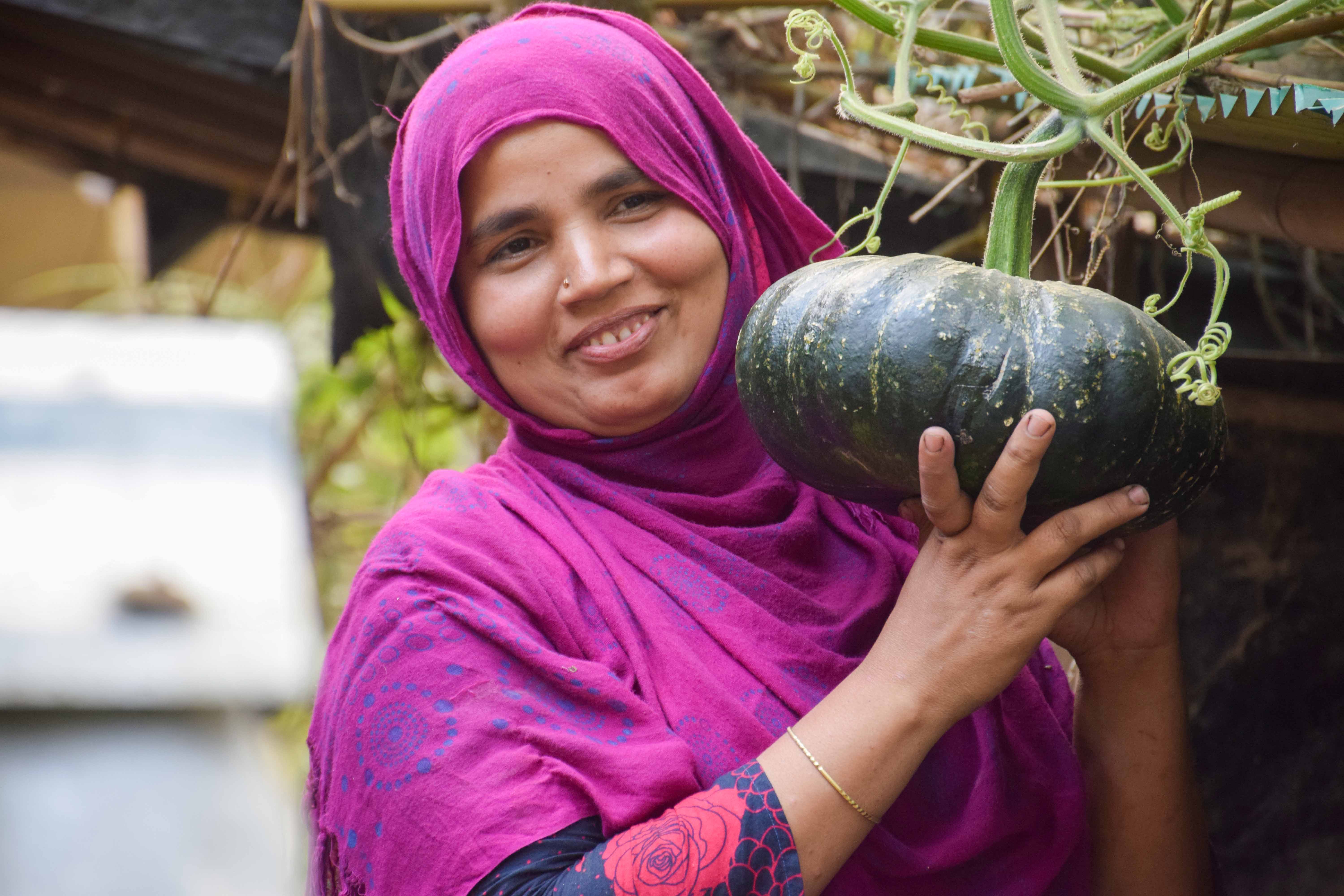
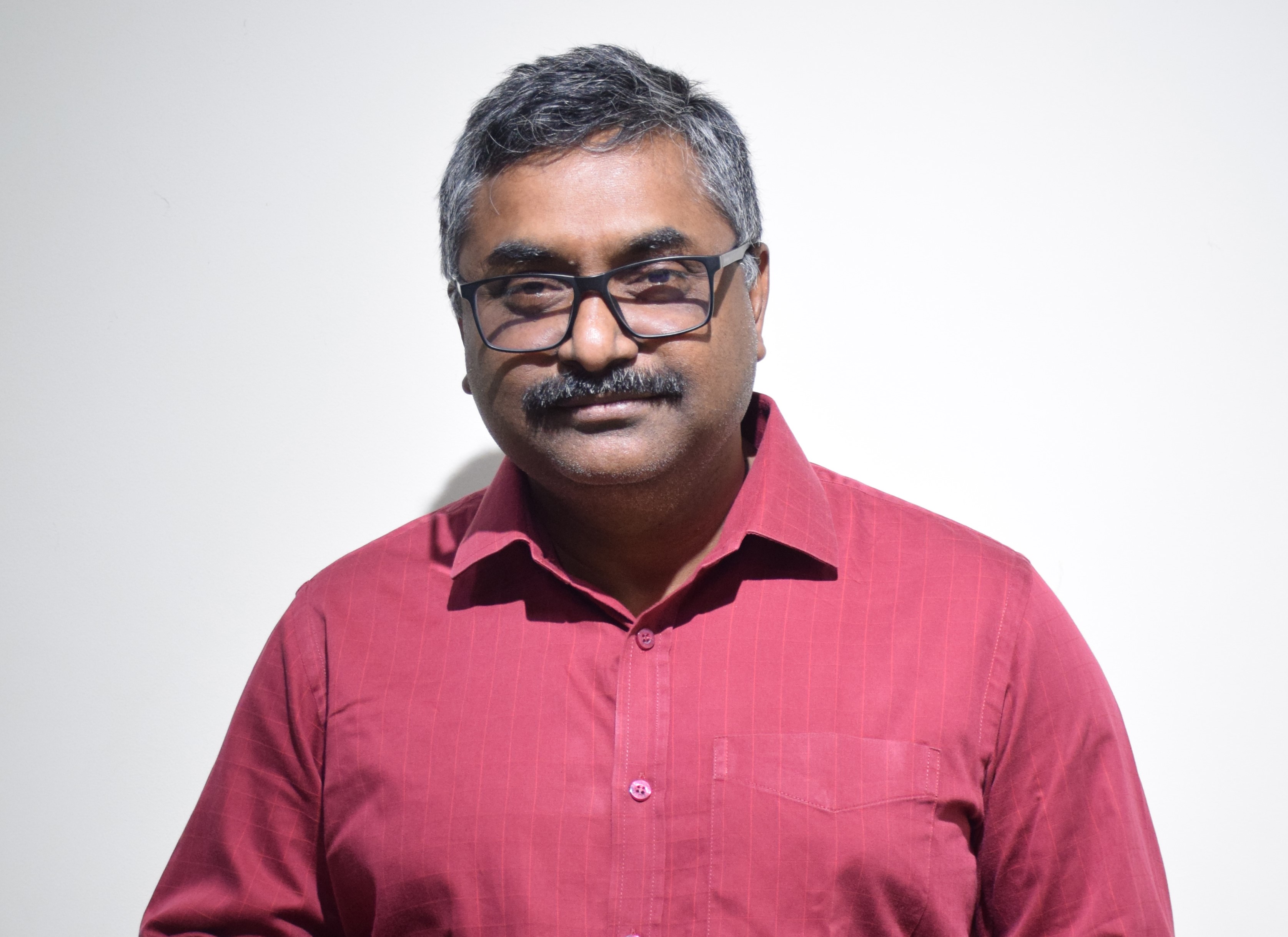 © AF/Arifur Rahman
© AF/Arifur RahmanIt was an exceptional year marked by the expansion of activities into new thematic areas and the establishment of valuable collaborations with new partners. Arannayk has entered the domain of plastic waste management, focusing on reducing plastic pollution, promoting recycling, and exploring the development of a circular economy. One of the most notable achievements was the identification of potential OECMs in Bangladesh for inclusion in the global protected area database. We also placed greater emphasis on addressing wildlife-related challenges and engaging youth in conservation efforts more than ever before.
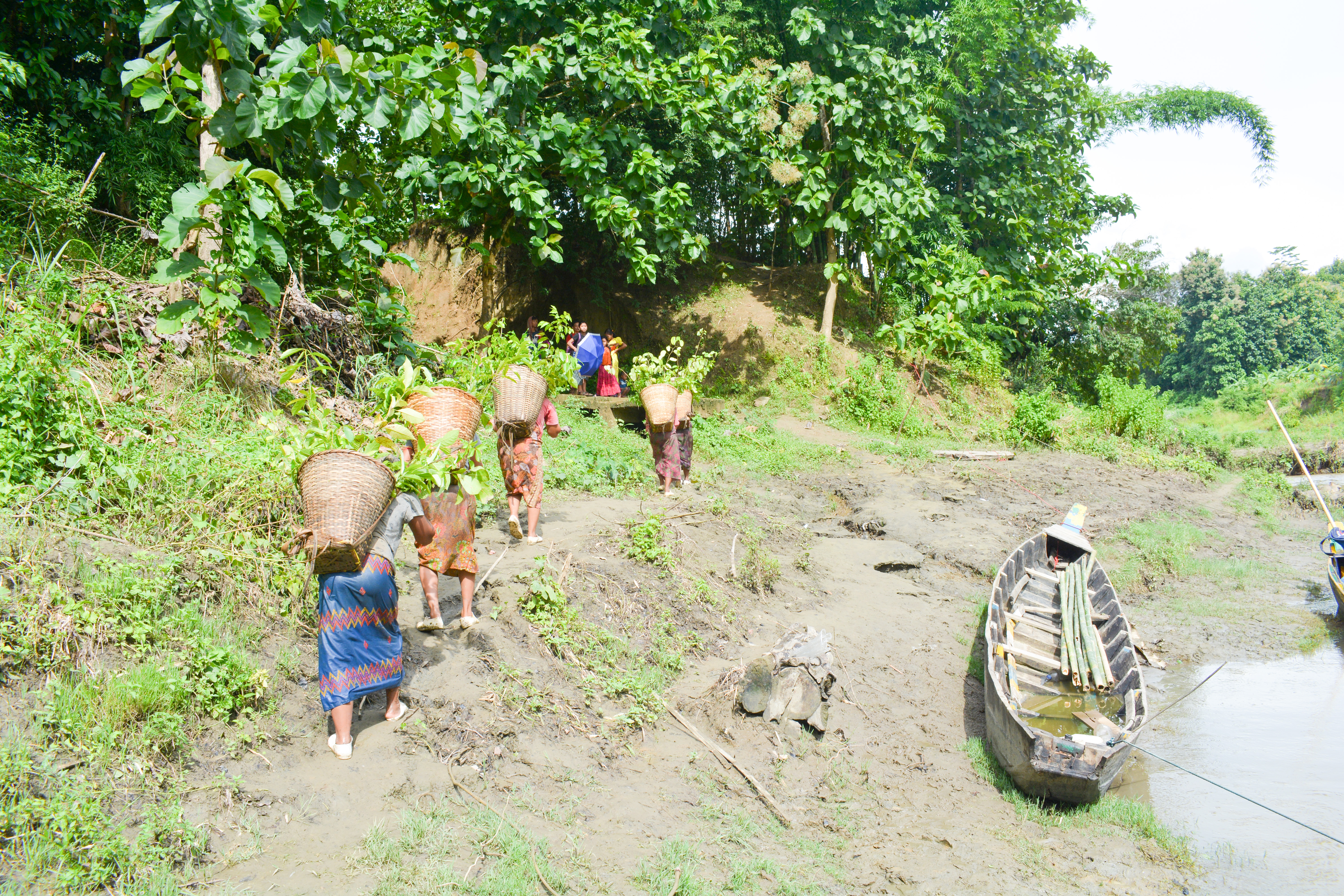
Arannayk Foundation actively restores degraded forest landscapes and conserves biodiversity through various interventions, including reforestation, assisted natural regeneration, and community-led conservation initiatives. These efforts focus on protecting critical ecosystems such as the Chittagong Hill Tracts and the Sundarbans, ensuring long-term ecological balance. By engaging indigenous communities and local stakeholders, Arannayk Foundation promotes sustainable land-use practices that enhance ecosystem resilience and improve habitat connectivity for wildlife.
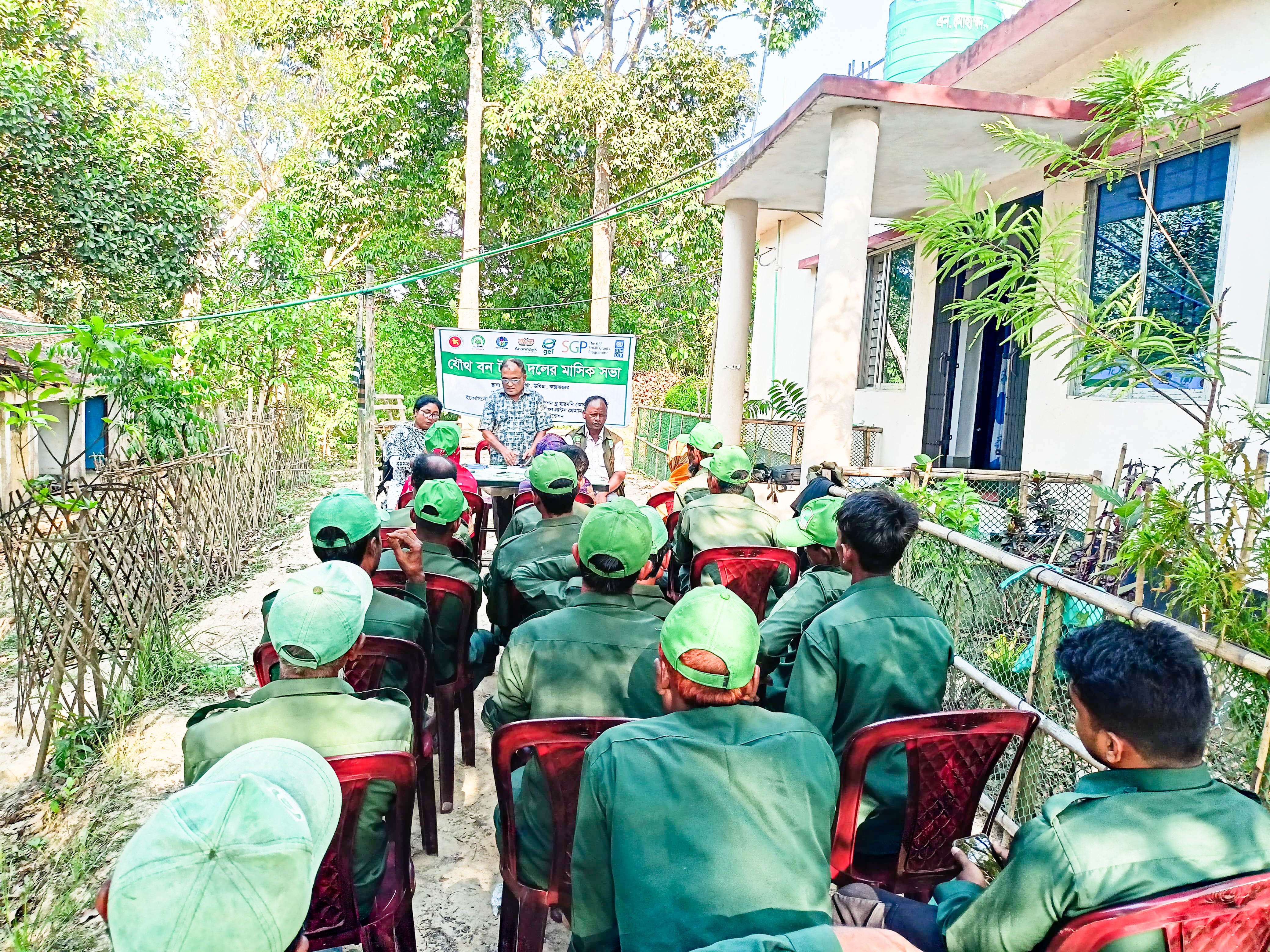 © AF photo library
© AF photo libraryRecognizing the vital role of local communities in conservation, the foundation strengthens community-led resource management through co-management organizations. By facilitating knowledge-sharing platforms, capacity-building programs, and advocacy efforts, Arannayk Foundation ensures that local communities actively participate in the governance and sustainable utilization of natural resources. These initiatives empower indigenous groups, local farmers, and forest-dependent communities to manage protected areas effectively, securing long-term environmental and economic benefits.
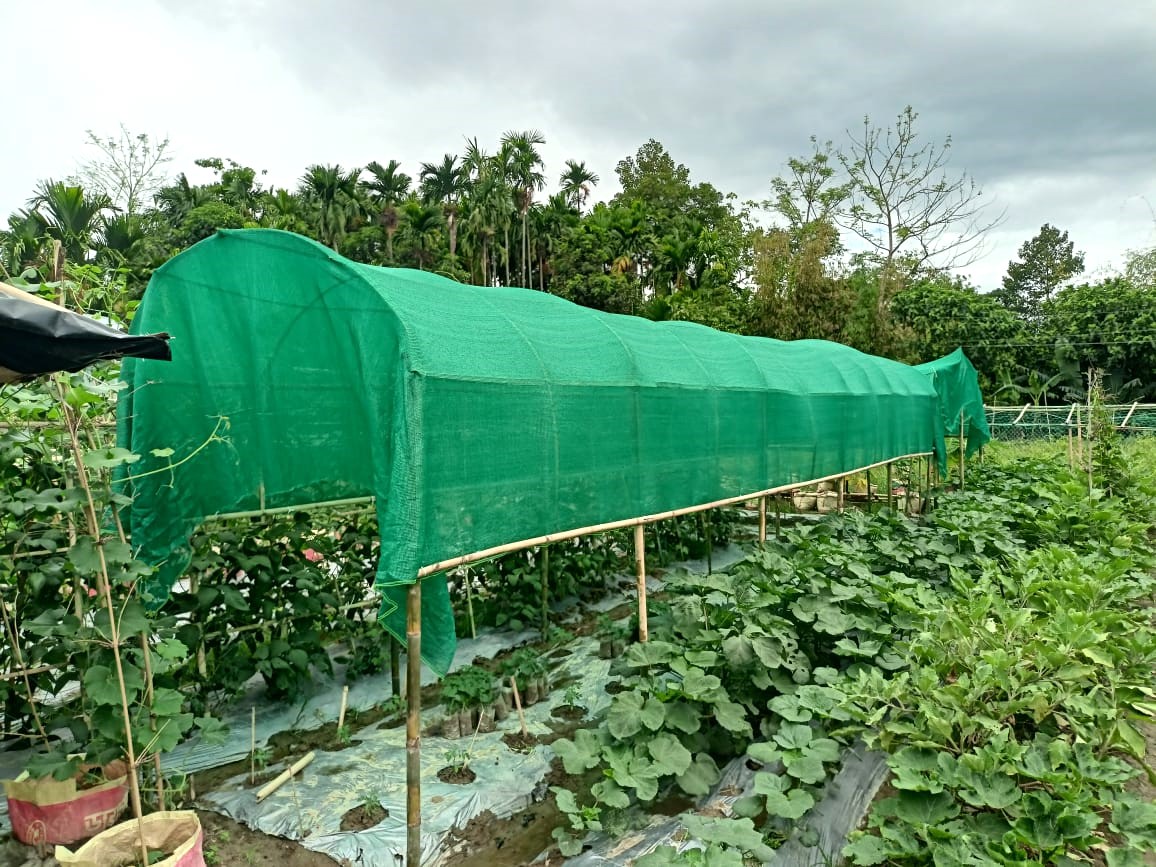
Climate change poses significant threats to both biodiversity and human communities. Arannayk Foundation integrates climate adaptation strategies into conservation and development projects by promoting nature-based solutions, such as ecosystem-based adaptation, sustainable agroforestry, and disaster risk reduction. Special attention is given to climate-vulnerable areas like the Sundarbans, where rising sea levels and extreme weather events threaten both ecosystems and livelihoods. These interventions help communities build resilience against climate-induced challenges.
To reduce pressure on forest resources and improve the socio-economic conditions of vulnerable communities, Arannayk Foundation promotes alternative income-generating activities (AIGAs). These include agroforestry, homestead gardening, poultry rearing, and ecotourism development. By integrating market linkages, microfinance support, and skill development, the foundation enables communities to transition towards sustainable and profitable livelihoods without harming the environment.
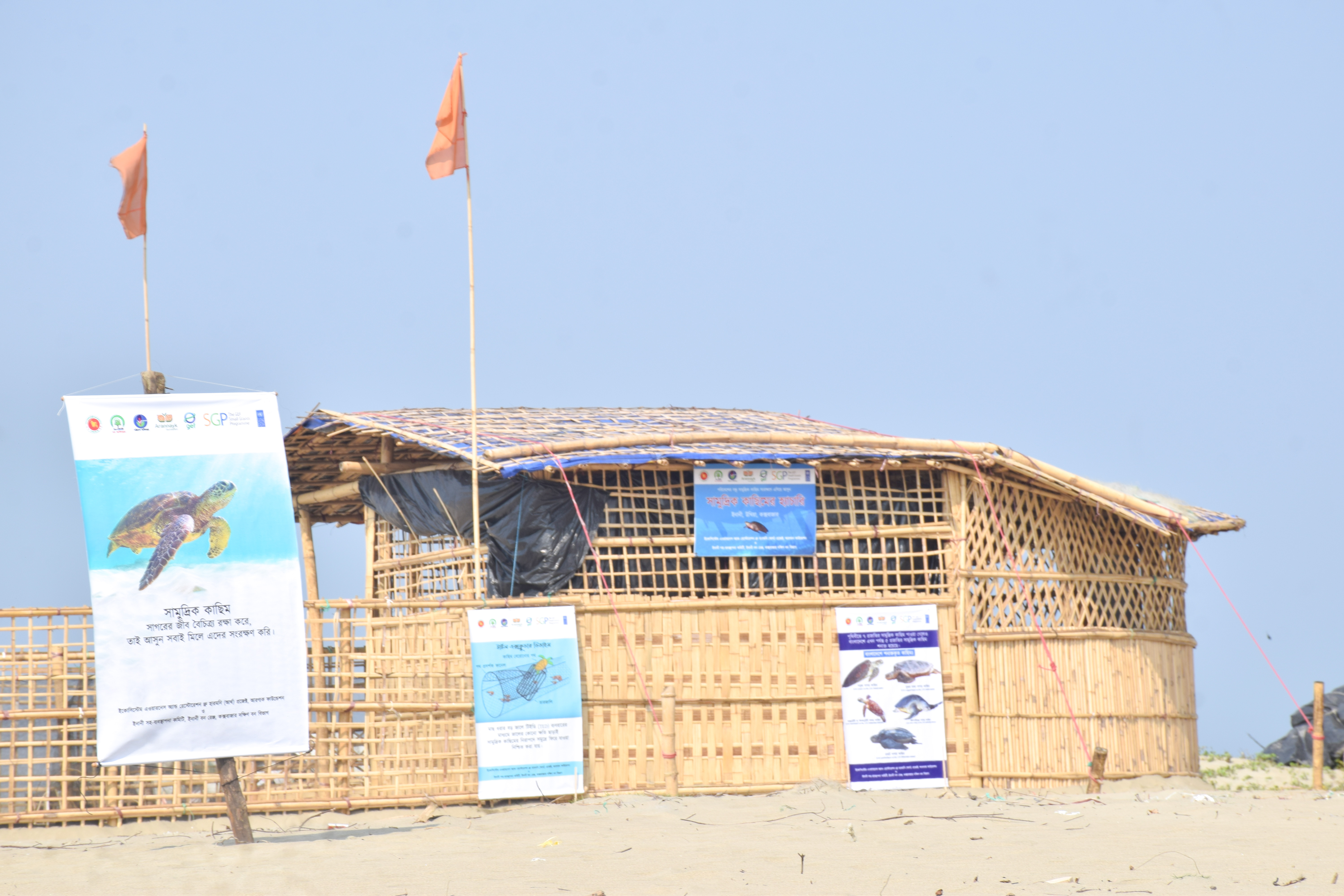
Arannayk Foundation works on mitigating human-wildlife conflicts and protecting endangered species, such as the Asian elephant and sea turtles.
Through initiatives like strengthening Elephant Response Teams (ERTs) and community awareness programs, it aims to foster peaceful coexistence between humans and wildlife. Other activities include habitat restoration, wildlife rescue and rehabilitation to support conservation efforts.
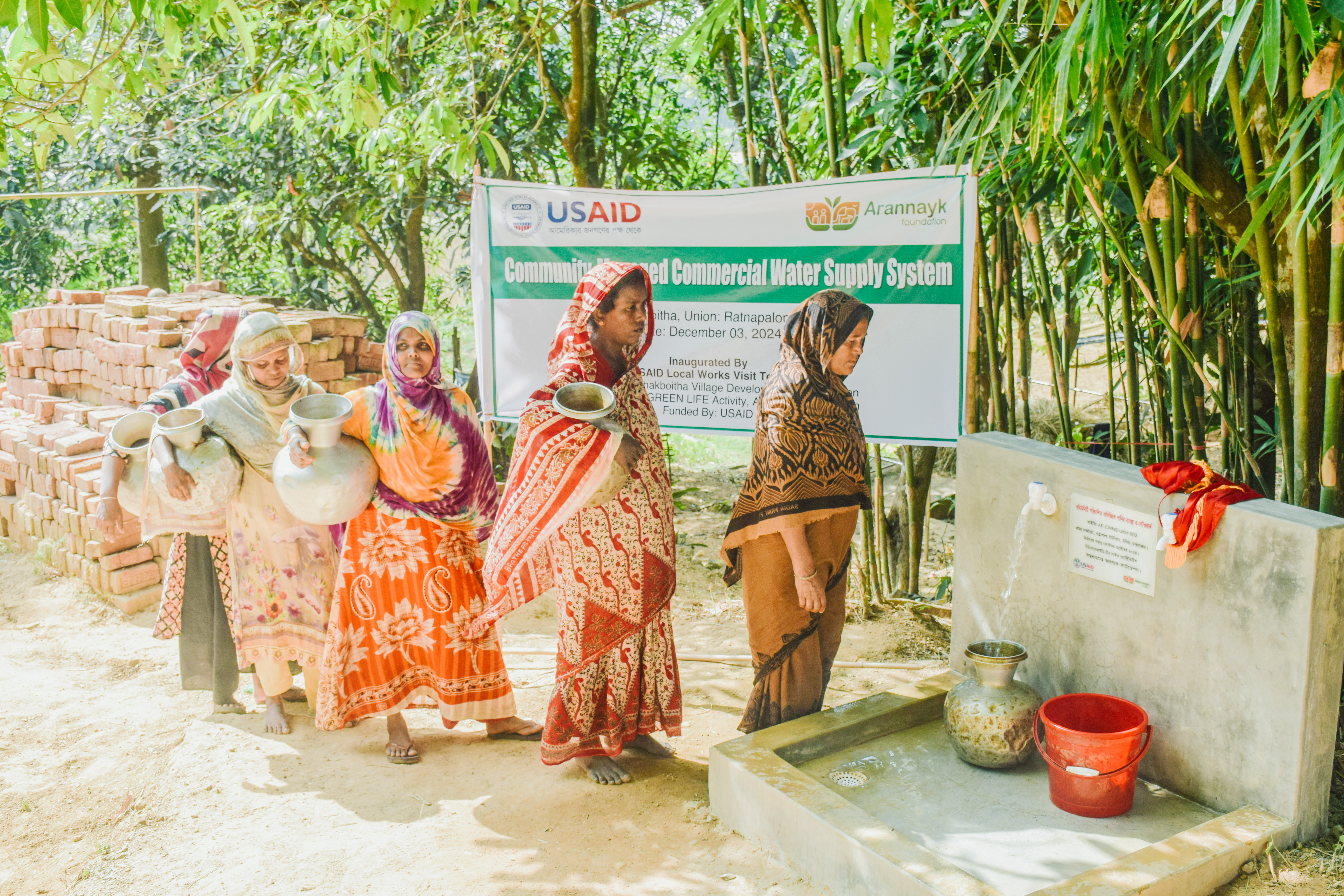
Sustainable development cannot be achieved without addressing basic human needs.
In conservation zones, Arannayk Foundation integrates WASH initiatives to improve water quality, sanitation infrastructure, and hygiene practices. These efforts contribute to better health outcomes for communities while ensuring that environmental interventions are inclusive and holistic.
Plastic pollution is a growing environmental concern, especially in sensitive ecosystems like the Sundarbans. Through projects aimed at reducing single-use plastic waste, Arannayk Foundation conducts waste audits, behavior change campaigns, and recycling initiatives.
A mobile application is being developed to track the plastic waste value chain and improve recycling efficiency.
Additionally, local waste collectors are trained and supported to strengthen sustainable waste management practices in the region.
Illegal wildlife trade, deforestation, and other environmental crimes threaten biodiversity and ecosystem integrity.
Arannayk Foundation collaborates with government agencies, particularly the Bangladesh Forest Department, to enhance institutional capacity in combating wildlife trafficking and illegal logging.
It develops specialized training modules, conducts workshops, and provides technical assistance to improve law enforcement effectiveness in environmental crime management.
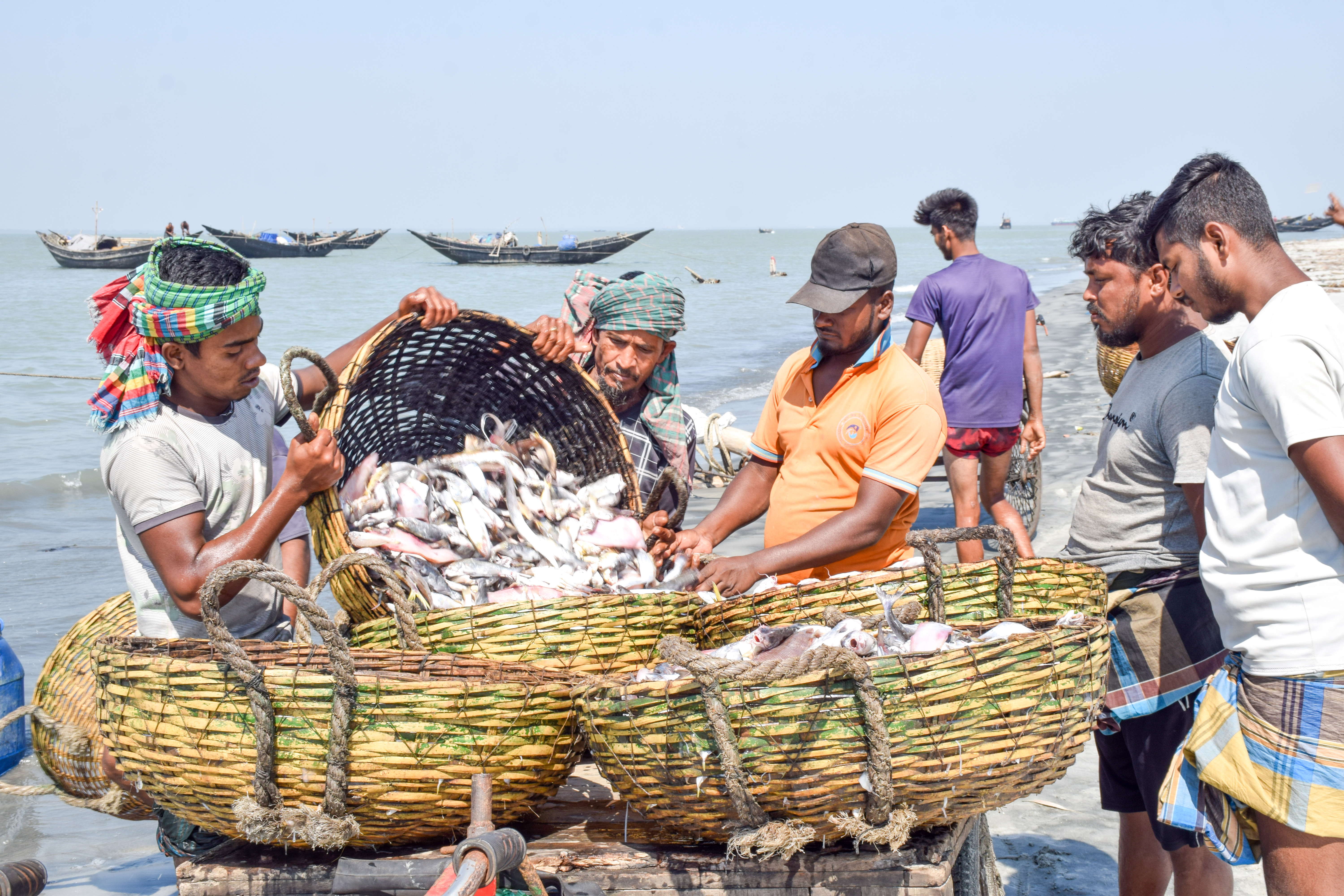
Coastal and aquatic ecosystems face increasing threats from overfishing, habitat degradation, and pollution.
Arannayk Foundation conducts scientific studies on sustainable fisheries management, including assessments of aquatic biodiversity in the Sundarbans and research on mud crab life cycles.
These initiatives support evidence-based conservation strategies that balance ecological preservation with the livelihoods of fishing communities.